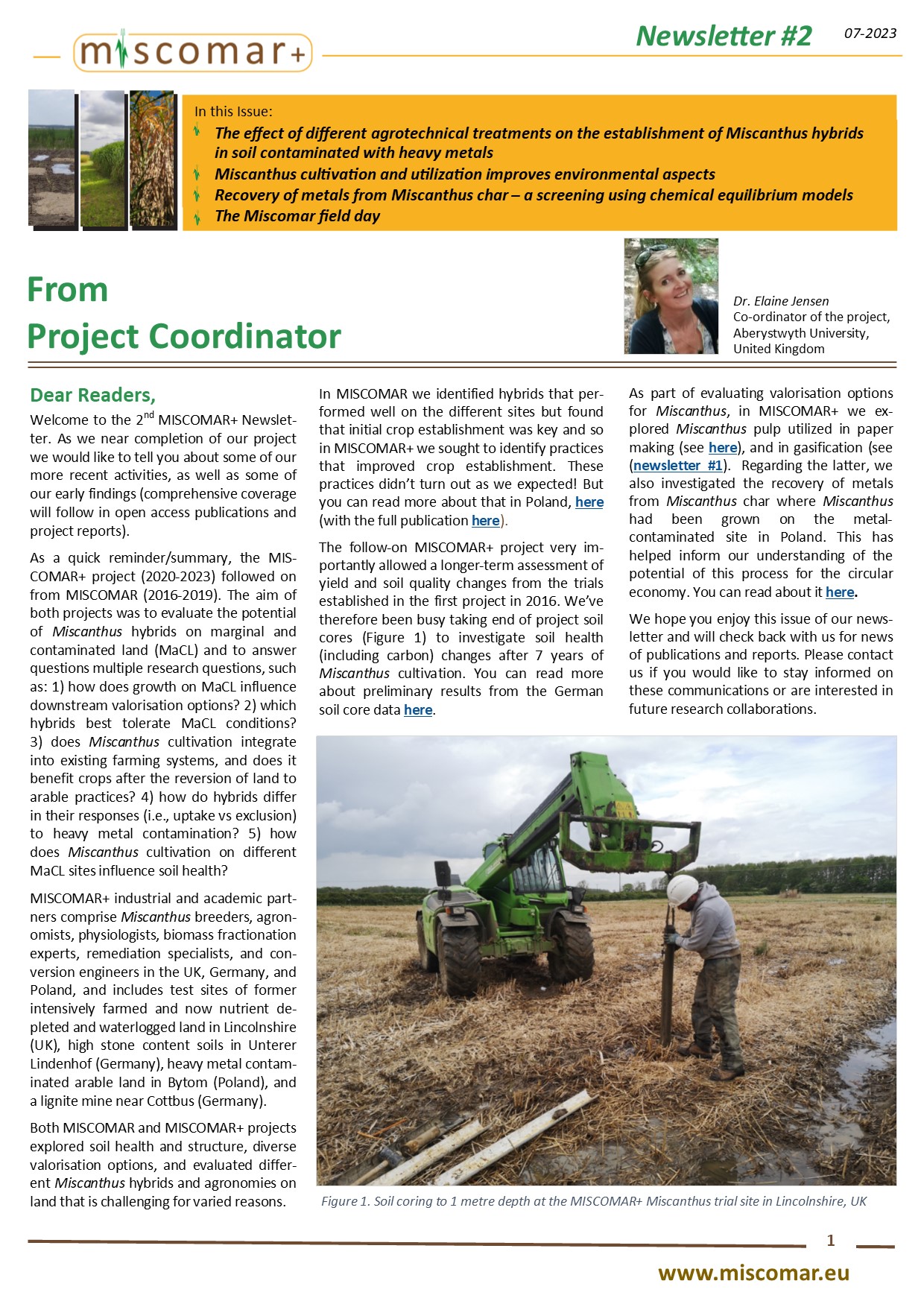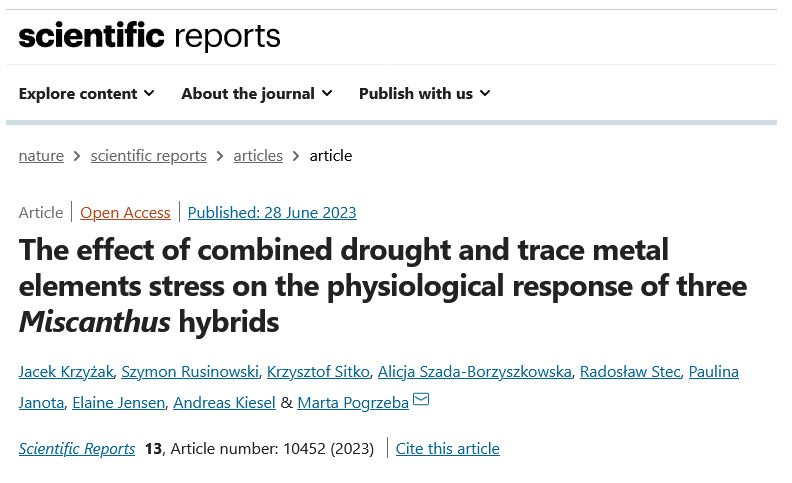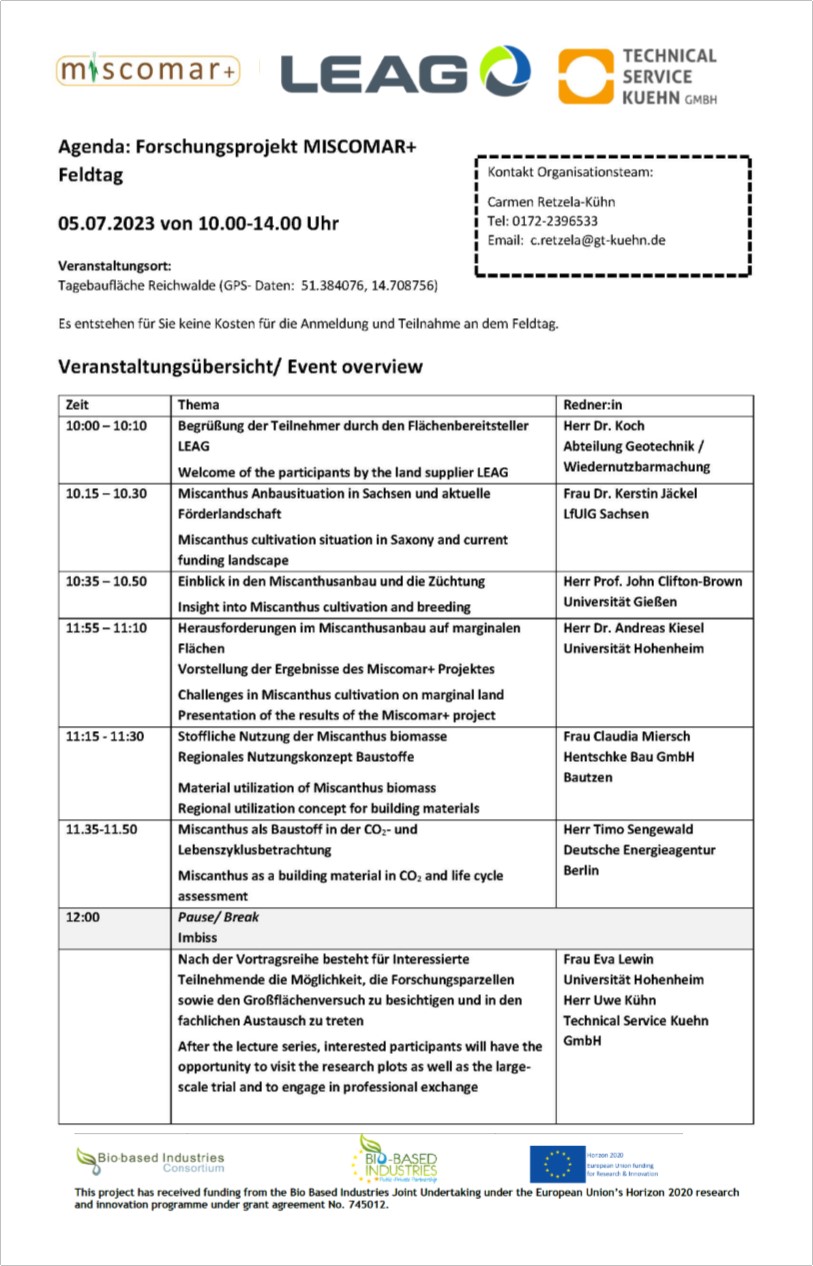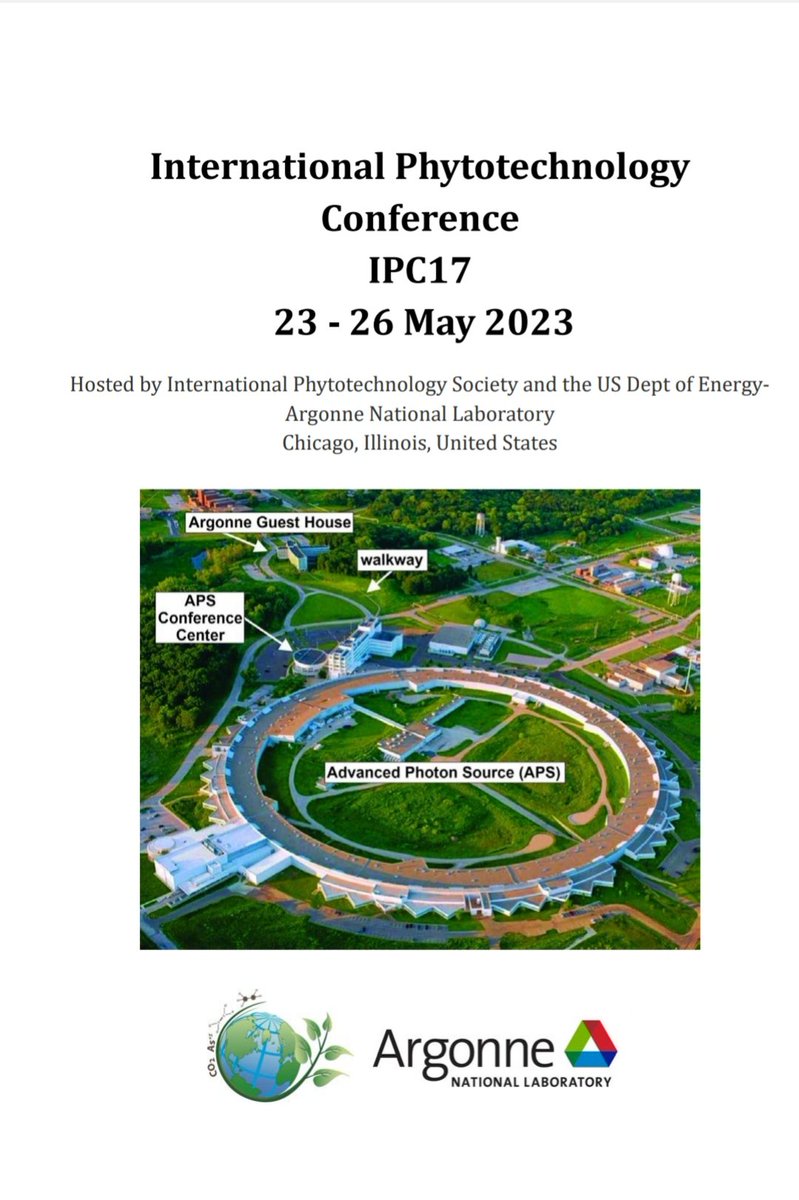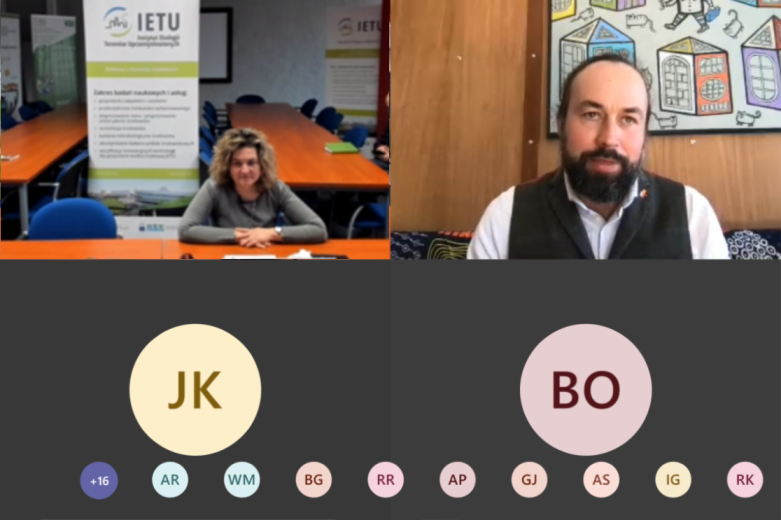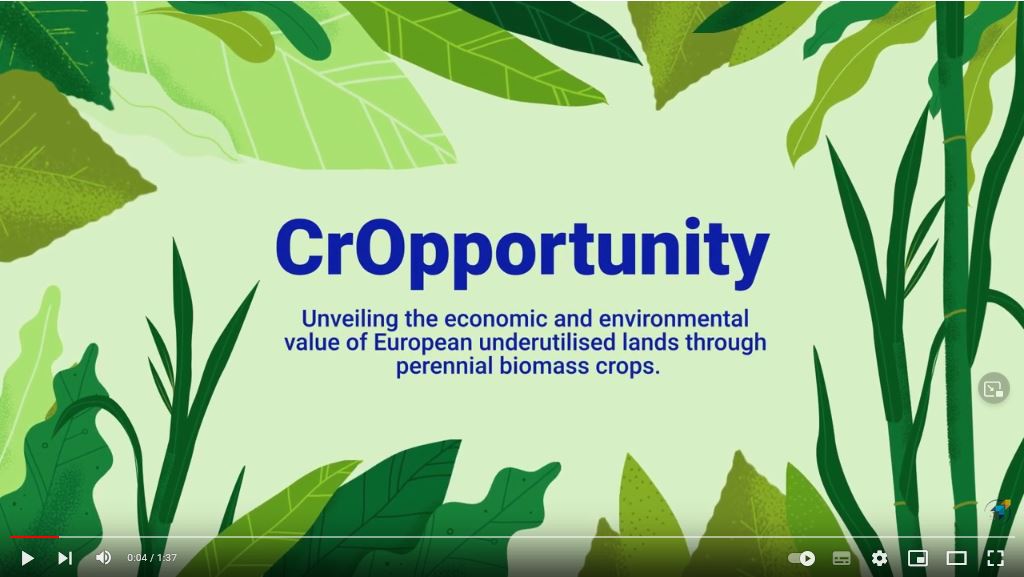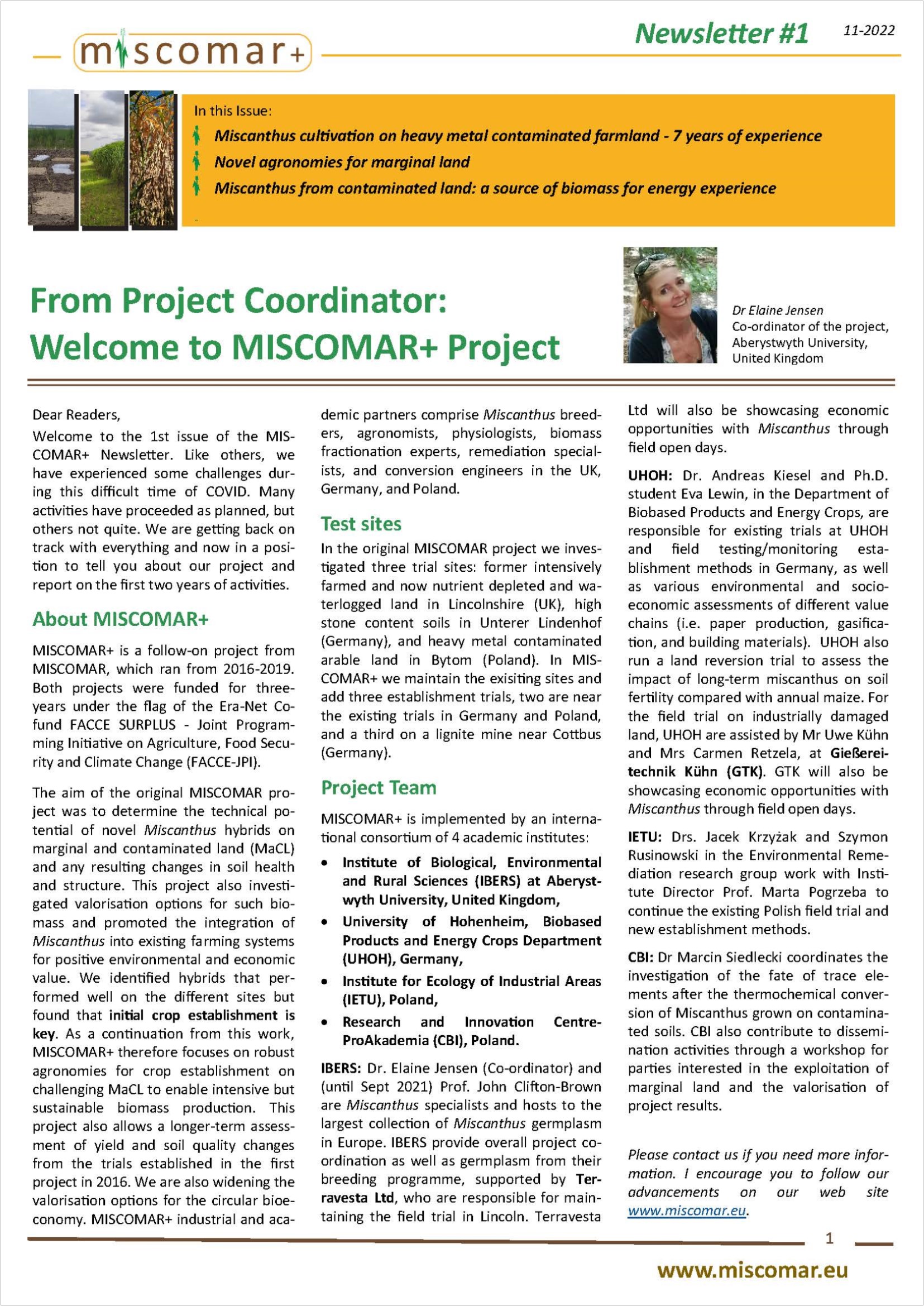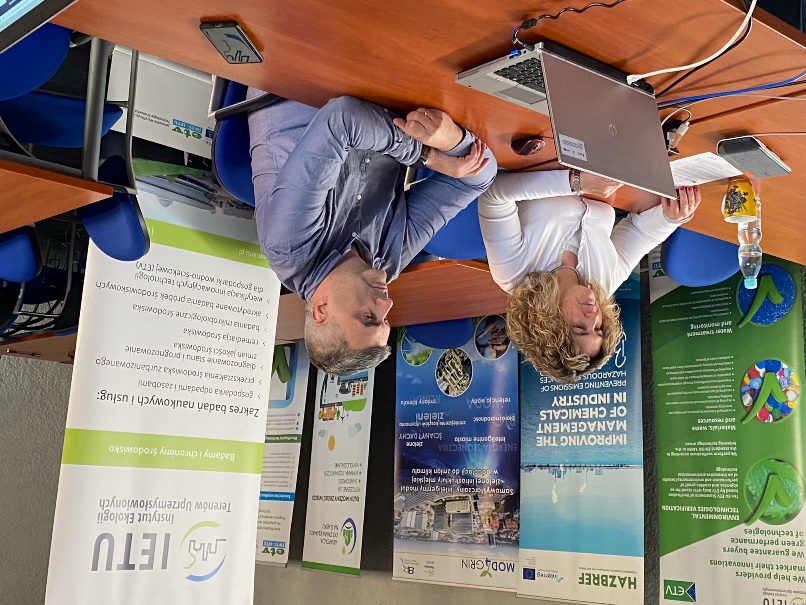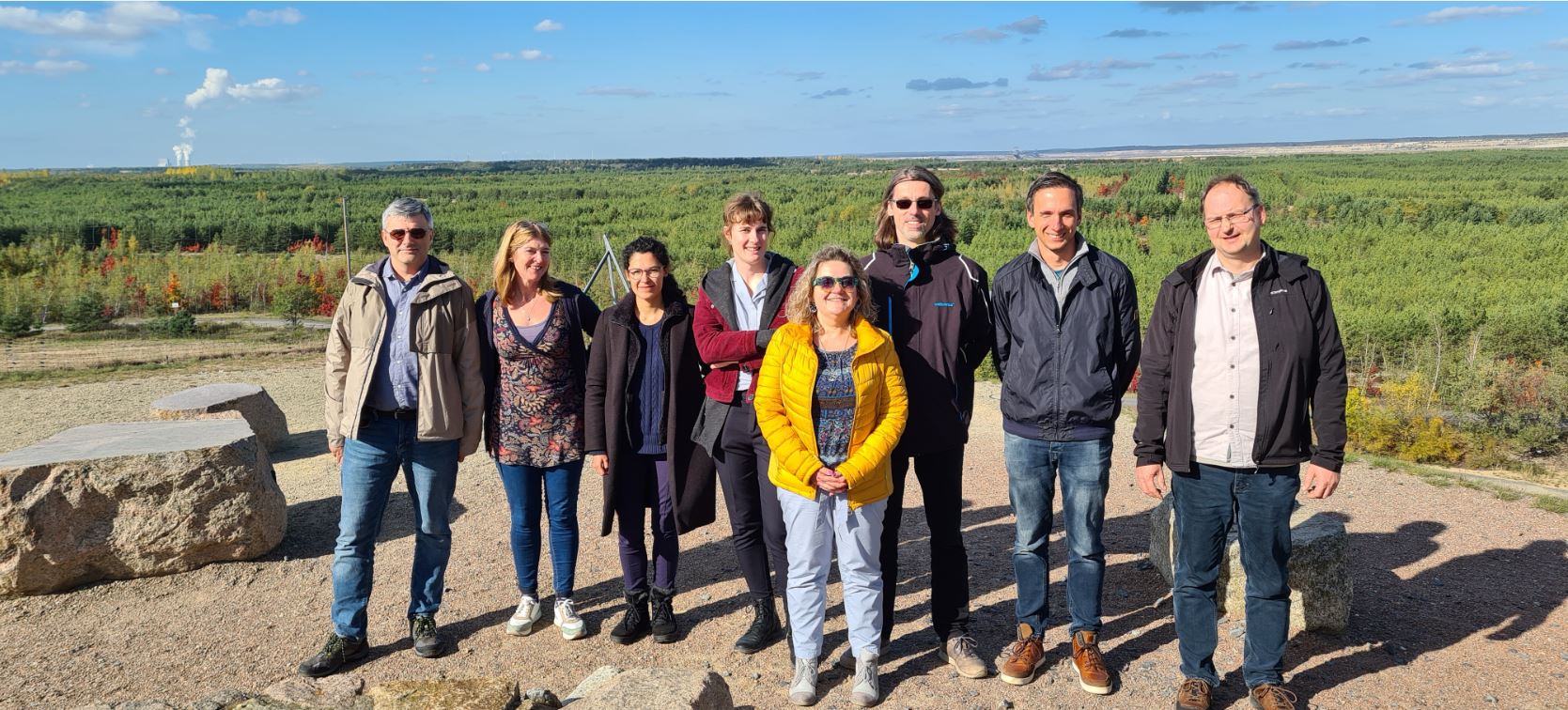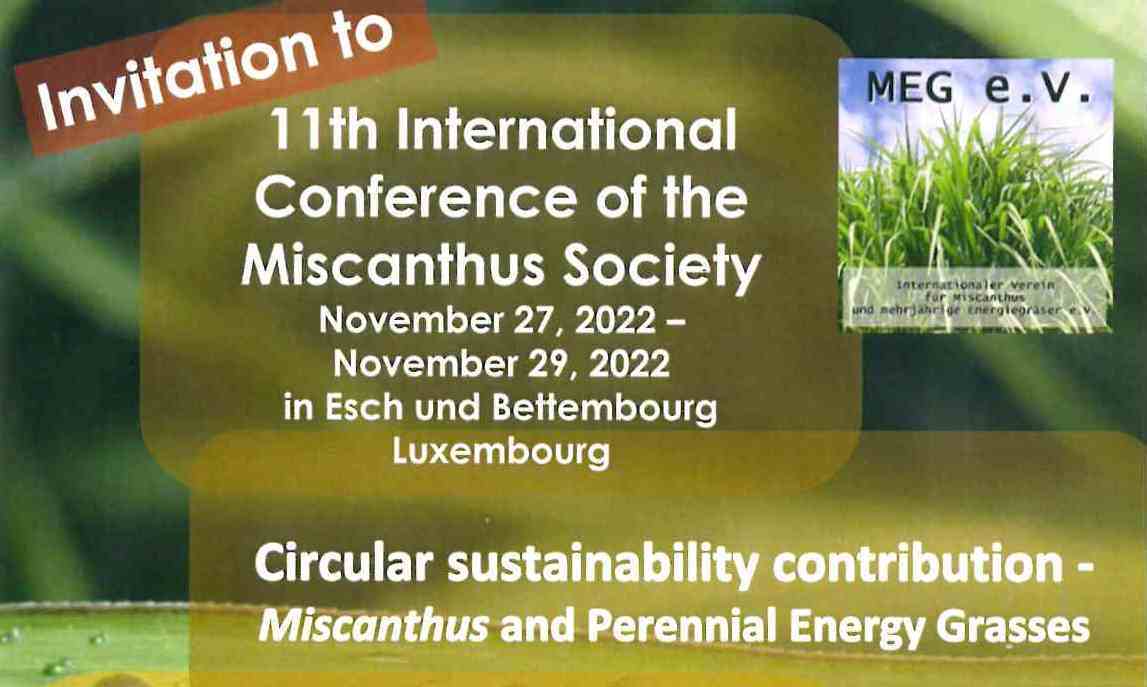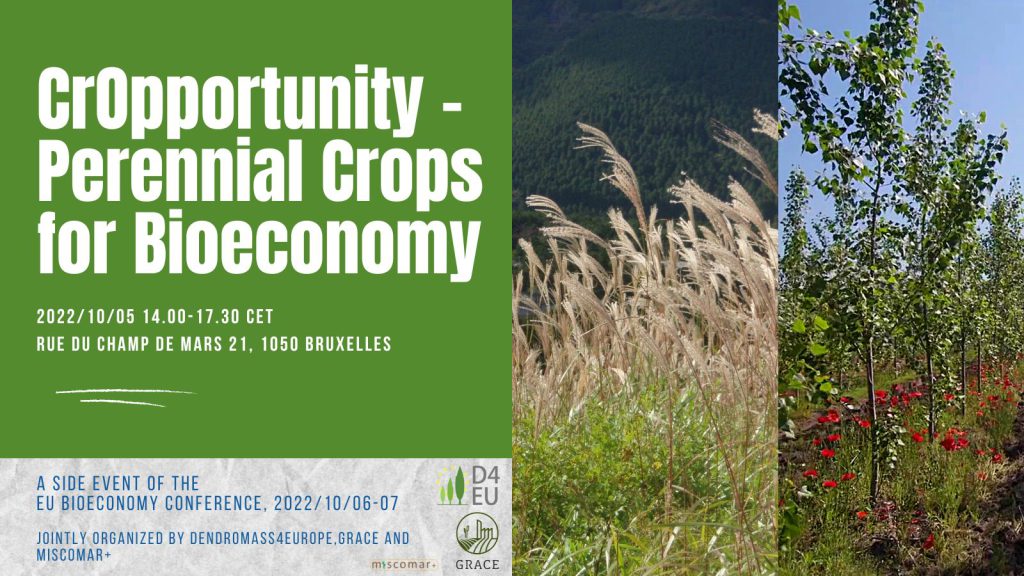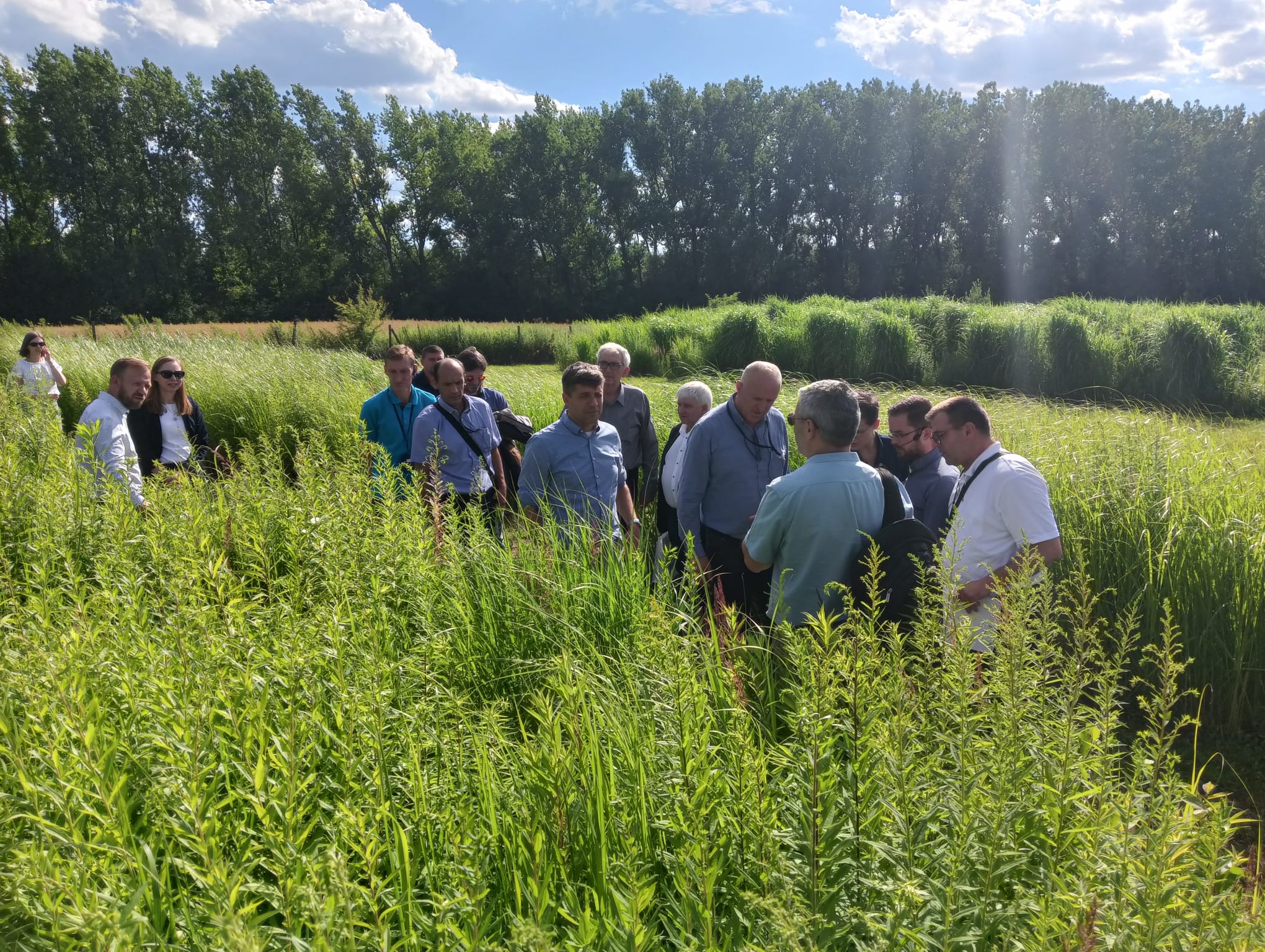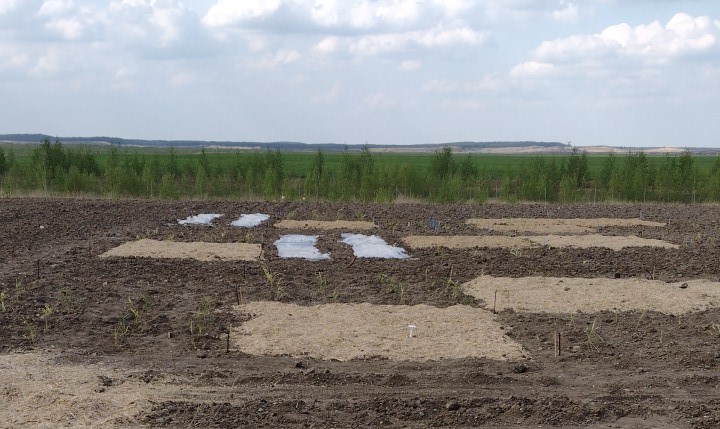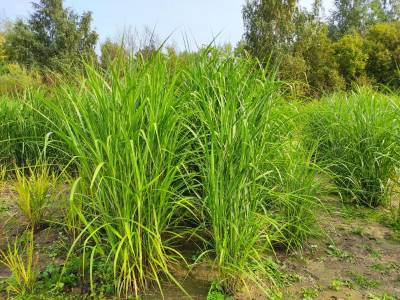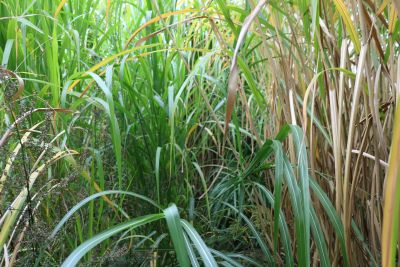MISCOMAR Plus project was presented at EuroScience2022 Katowice Regional Site in the Science for Local government panel. Prof. Marta Pogrzeba from IETU in the presentation “Adaptation of cities to climate change and examples of good post-industrial land development” presented, among other things, how the Miscomar Plus project research contributes to the transformation of contaminated land and gives it new functions.
On July 13, 2022, the Miscomar plus project was presented during a study visit of a delegation from Kosovo within the Secretariat of the European Commission's "Initiative for Coal Regions in Transition in the Western Balkans and Ukraine".
During the meeting, Dr. Jacek Krzyżak from the Institute for Ecology of Industrial Areas presented the Miscomar plus project in the City Hall of Bytom. After that, the guests visited the project's experimental plantation on soil contaminated with heavy metals.
In late April and Early May 2022 two field trials were set up as part of the continuing Miscomar+ project. Building on knowledge acquired in 2021, these experiments are testing the effects of miscanthus mulch and plastic mulch on the establishment of miscanthus. Furthermore, the effect of fertilizer in combination with miscanthus mulch will be investigated to see if this increases establishment success.
An international scientific journal - Plants, has published an paper about the MISCOMAR project:
Field Evaluation of Arbuscular Mycorrhizal Fungal Colonization in Miscanthus × giganteus and Seed-Based Miscanthus Hybrids Grown in Heavy-Metal-Polluted Areas
Szada-Borzyszkowska A.; Krzyżak J.; Rusinowski S.; Sitko K., Pogrzeba M.
Plants, Vol. 11, 1216, 2022
It's September, the growing season is coming to an end and we are currently three months after the experiment establishment. . As a part of the experimental work, we did the assessment of the plantation establishment success – counting the number of survived plants, measure of plant height and the number of shoots.
MISCOMAR+ project will be presented on FACCE SURPLUS Status Seminar of Projects of the 2nd and 3rd Call. The End-Term Meeting of FACCE SURPLUS 2nd call, the mid-term meeting of projects of FACCE SURPLUS, 3rd call and a valorisation workshop will be held from Tuesday, 28 till Wednesday, 29 September 2021. Due to COVID-19 pandemic, the meeting will be held on-line.
- Miscanthus gasification campaign
- New field experiment – Bytom, Poland, part 1
- MISCOMAR PROJECT – Do you already know these scientific publications?
- Winter harvest at Bytom Site
- EIP-AGRI MINI PAPER 4: Industrial crops for marginal and contaminated lands and for intermediate crops and intercropping strategies

